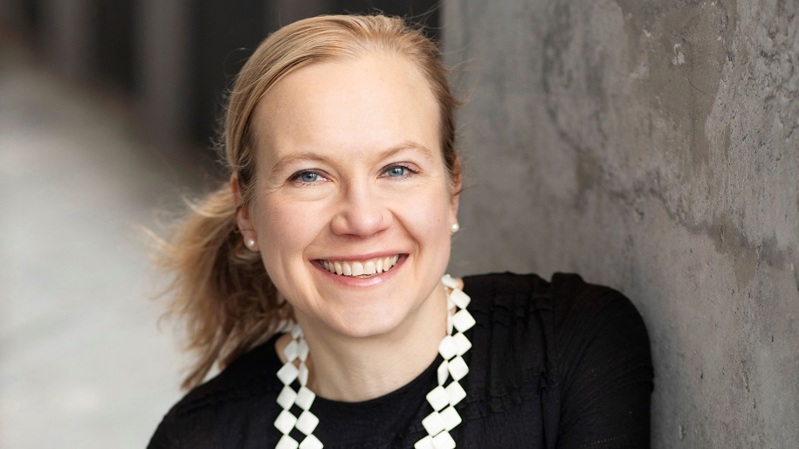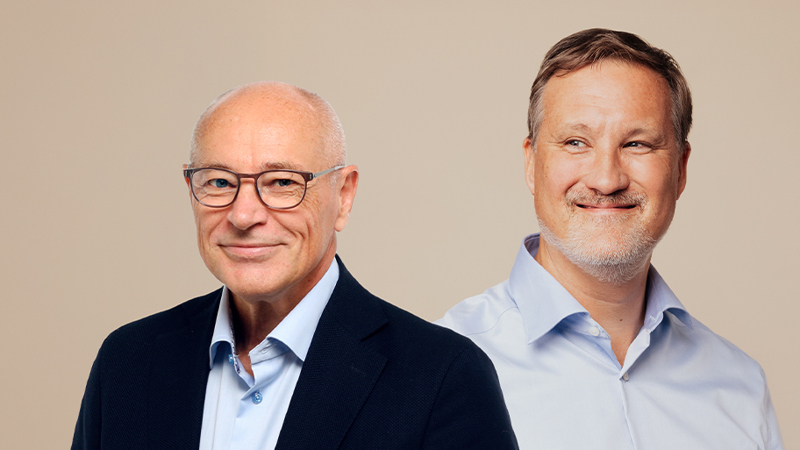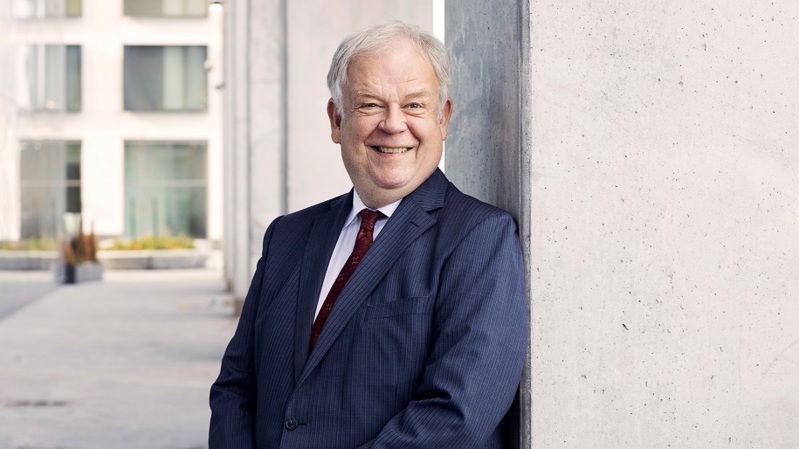Successful labour migration requires everyone's contribution

The Finnish government has set a target to double the amount of labour immigration by 2030. This means that the aim is to attract around 50 000 workers from abroad to Finland over the next seven years. After that, it is hoped that around 10 000 people a year will move to Finland for work. As immigration for work increases, it is important to ask what this means for everyday work and what changes the diversity of the workforce will require of managers.

Successful labour migration requires a conscious management of workforce diversity. The integration of foreign workers into the labour market does not happen by itself, but requires planning and concrete measures on a day-to-day basis. It is important to get the job done in a way that delivers both economic results and well-being for individuals. Management must take into account the wellbeing of both those who come to Finland for work and those who are already in our working life. Here are some perspectives on managing a diverse workplace:
- The manager's job is to make sure that the work gets done. Work to clarify job descriptions and roles prevents friction caused by overlapping tasks or work not being done.
- It is the manager's responsibility to provide for the basic needs of employees. Regardless of nationality, age, religion or language, everyone deserves to be seen and treated humanely at work. Underneath the superficial differences in everyday life, people long for the same things at work. Belonging to a community is one of the greatest needs we have.
- A leader must lead in a common direction. Work is meaningful when we have the opportunity to do something meaningful with others and achieve things that no one can do alone. In a diverse work community, articulating the shared meaning of work, even frequently, is important.
- The role of the leader is to see the richness of diversity. While diversity in everyday work may create some friction, the role of the manager is to bring together a patchwork of skills and to encourage people from different backgrounds to get to know and learn from each other. For diversity to enrich the work community, the leader must encourage people to reach out to each other to strengthen the seams of the common patchwork.
- The leader must communicate a sense of shared responsibility. Regardless of an employee's skills or professional field, the responsibility for inducting and welcoming a newcomer to Finland is a shared one. The manager alone cannot impose and implement smooth cooperation, but he or she has a key role to play in organising smooth everyday life and designing structures that support diversity.
Successful integration requires a cultural change, which requires everyone's effort
As more people arrive in Finland from abroad, it is important for all actors in the workplace to consider how the changes will affect their own work. In cultural encounters, it is important to recognise our own cultural glasses through which we each view what is happening around us and to try to understand what the world looks like from the perspective of someone else who may be wearing different glasses. It is clear that labour migration is changing the workplace. To be successful, this change needs to be collectively understood and talked about in a way that keeps everyone on board, and that everyone understands themselves as a key player in cultural change.
Focusing on the basics is not the new wisdom of management, but it requires special attention in the face of change. “
In order to be able to say in 2030 that we in Finnish working life have succeeded in implementing labour migration, many things must have been done right. Things are not necessarily new or unusual, quite the opposite. However, everyday basics such as clear division of labour, respectful encounters, building community and leading a changing, learning team require consciously chosen actions from the leader. In addition to the leader, all other actors in the workplace build a successful culture that supports well-being and productive work for all.

Eveliina Holmgren, an organisational psychologist at Terveystalo, works on organisational wellbeing and leadership development. In her free time, Eveliina enjoys spending time with her lively boys.
Read other blogs

Research result: Evaluating the effectiveness of healthcare requires sufficiently sensitive indicators
When developing healthcare, the focus is usually on effectiveness and measurable evidence. From the perspective of the individual patient, it is important to understand whether the treatment will bring them real benefits, rather than just more procedures. From the perspective of society, it is important to know where limited resources should be allocated.

Let's reform occupational health together
Laura Karotie, SVP Corporate Health at Terveystalo, shares her initial observations on how occupational health can be developed in a customer-oriented and sustainable manner.

Here are the digital trends in healthcare 2025: AI frees up time and supports quality of care
Ilari Richardt, Director of Digital Services at Terveystalo, highlights five major digital trends that will transform healthcare this year. At the heart of these trends is the potential of artificial intelligence to solve healthcare problems.

Good medicine requires the right tools
Medicine, like many other sciences, is advancing by leaps and bounds. The fact that medicine guides our work means that we deliver the most effective care as recommended. This requires us to constantly evolve and keep ahead of the scientific curve, so that we can act in the best interests of our customers, using all appropriate and possible means.

Occupational health psychologists are underutilized amidst the tsunami of mental health issues
The increase in psychological problems and burnout at work is constantly being discussed. Mental health disorders are one of the major causes of decreased work efficiency, absenteeism, and transition to disability pensions. One might ask why this situation persists, despite the fact that our country has a unique and highly regarded occupational health care system, with a large number of experts in the connection between work and mental health – us occupational health psychologists.

Where there is love for medicine, there is love for humanity
Hippocrates' wise words help us make the right choices. Our commitment to our mission, working for a healthier life, extends beyond the provision of quality health services to the promotion of human rights throughout our value chain.